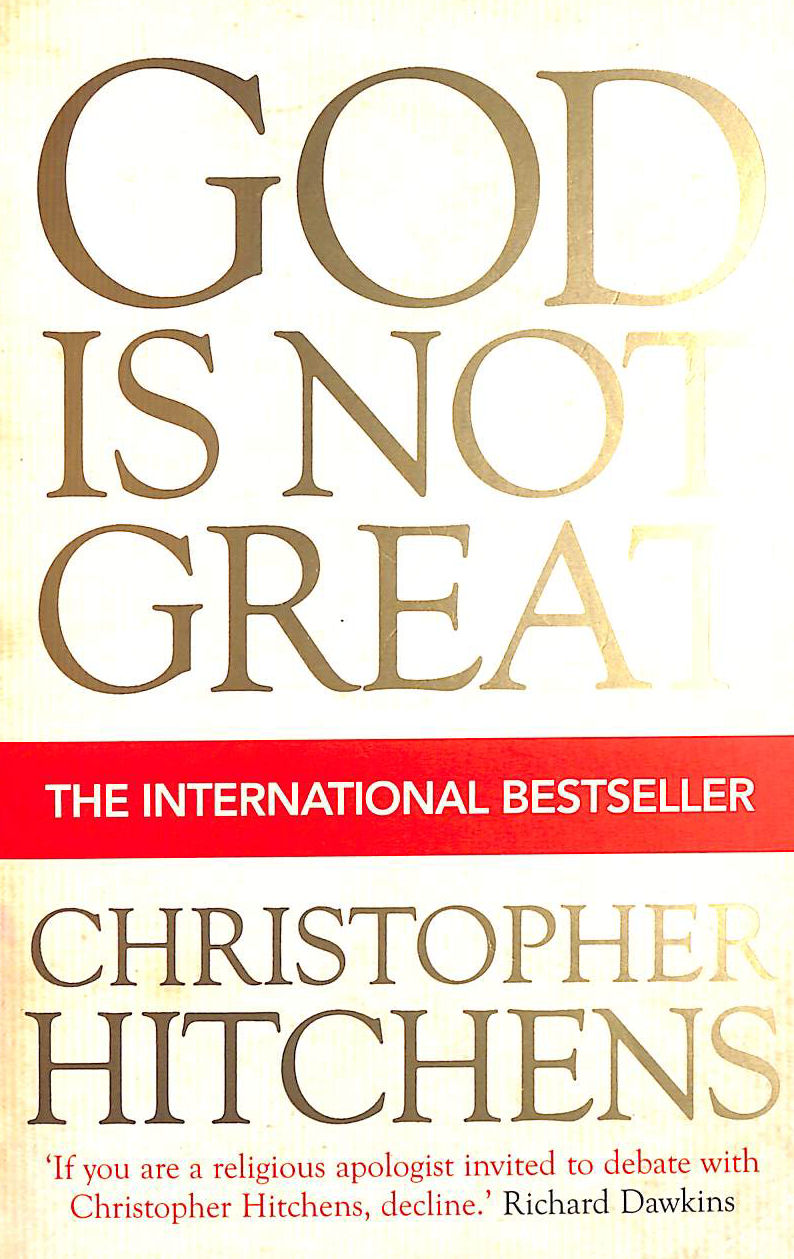I found the book to be esoteric and not intended for the general public, although the book does sell as one. Or it might be just me who hasn’t dwelled into the sections of theology and anthropology during library visits resulting in this book flying over my head most of the time. Apart from the challenging vocabulary of Hitchens’ English prowess, the sheer amount of historical facts thrown around in every other sentence threw me off. But, for a more accustomed atheist who is itching for a debate, this book might be the silver bullet whole magazine of silver bullets.

God is not great, as the title suggests, is not a book for atheist but rather a book against theists. It goes above and beyond to portray the evil deeds of religions and how it is stifling the growth of the civilization for centuries. It explains how different religions are just borrowed stories with the ultimate motive of power over commoners. How, even the peace preaching religions’ rules have been rewritten again and again to meet the oppressors’ needs time and time again.
I cannot summarise this book with my peanut memory bank. But, there are a couple of instances where I felt critical of this book. First, the author calls out “Tamils, who are mostly hindus, …” while talking about the srilankan genocides. As a non-hindu tamilian who is slightly closer to this than the rest of the world, I found this to be convoluted potrayal of what actually happened just to prove his point. I won’t claim that religion did not play any role, but cultural wars do not equate to religious wars. Another point is the entirety of Chapter Seventeen, which started as a case against “If there is no God, there is no morality” ended up as a case for “If there is immorality, there is God”.
Though this book is intended as a weapon against religions, I wish it had more points for the non-religious crowd. Jumping from Tim Urban’s religion for the non-religious, my expectations had been on a different end of the spectrum. Hence, I was disappointed to some extent. But, I would still recommend this book as a must-read for any atheists (theists are welcome too) who want to have some look into religious histories which the religious will always suppress.